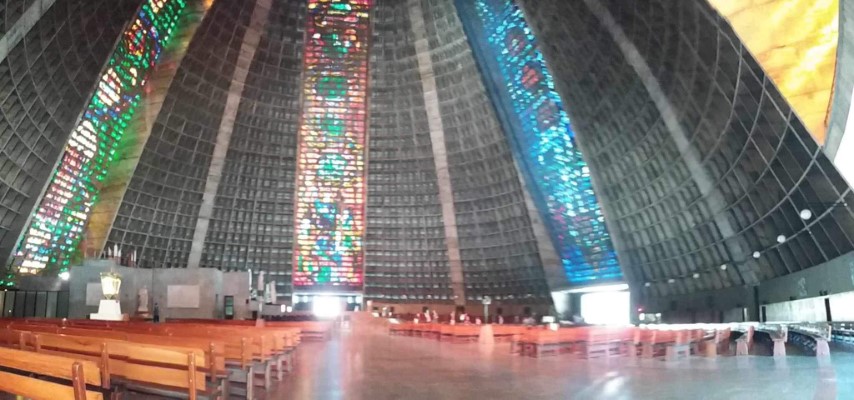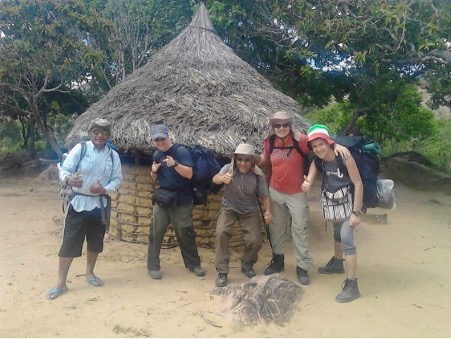
Faith – A Bit in a Brazilian Way…
One of our destinations was a favela in the Copacabana district of Rio de Janeiro. The term “favela” refers to the slums of South America. We visited sick people in the favela.
Even the poorest person welcomed us into their humble home with at least a glass of water and kind words. Of course, beforehand, the residents had to be prepared that “amigos” were arriving, and since we were accompanied by a priest and a kind sister, it was not dangerous. Wearing black shirts was prohibited because police officers usually patrol in black when dealing with drug dealers.
We participated in the Holy Mess, and needless to say, the church was full even on weekdays. Their clothing was simple and worn-out, but their souls shone like “polished diamonds”: they primarily build “living stones” and invest their energy into that. On the streets, of course, teenage children were dealing with wads of cash here and there, some were cleaning their weapons, but if you didn’t see anything, no one bothered you.
Although favelas are also a favorite place for drug dealers, many humble people still live their daily faith life there. Kind sisters and priests come to teach catechism and bring the Holy Eucharist to the people. I could imagine a life there in my retirement. But until then, many more chapters need to be written.

Faith is so valuable that it cannot be bought with money. It was a faith-strengthening experience to see these poor people in inexhaustible happiness.
Our other destination was Manaus, the capital of the Amazon region in Brazil and its surroundings. We explored the faith life of the Guarau Indians. Families—Catholics and Adventists alike—told us that they wake up early in the morning, make phone holders from rubber tree material, prepare spices, or dry coffee for sale. This is how they live: if they want to save a little money, they cannot even afford to drink coffee themselves. In many places, a family has 10-12 children, half of whom reach adulthood, while the other half die of hunger or malaria. The families are devout and deeply faithful.
We also visited a Venezuelan refugee camp, where a Christian ecumenical prayer association hosted us. It was spiritually enriching to see that the world of faith is more than just my own little world and that today’s Christians should build “living stones” rather than “dead bricks.” Unfortunately, since there is often no pastoral care, many believers, even in the jungle, are beginning to lose their faith. That is why Pope Francis, in point 90 of Querida Amazonia, calls the faithful to a universal mission.
In any case, it is an important experience that wherever you are, try to understand the thoughts and faith life of others—whether in priesthood, relationships, family, friendships, or other religions.

